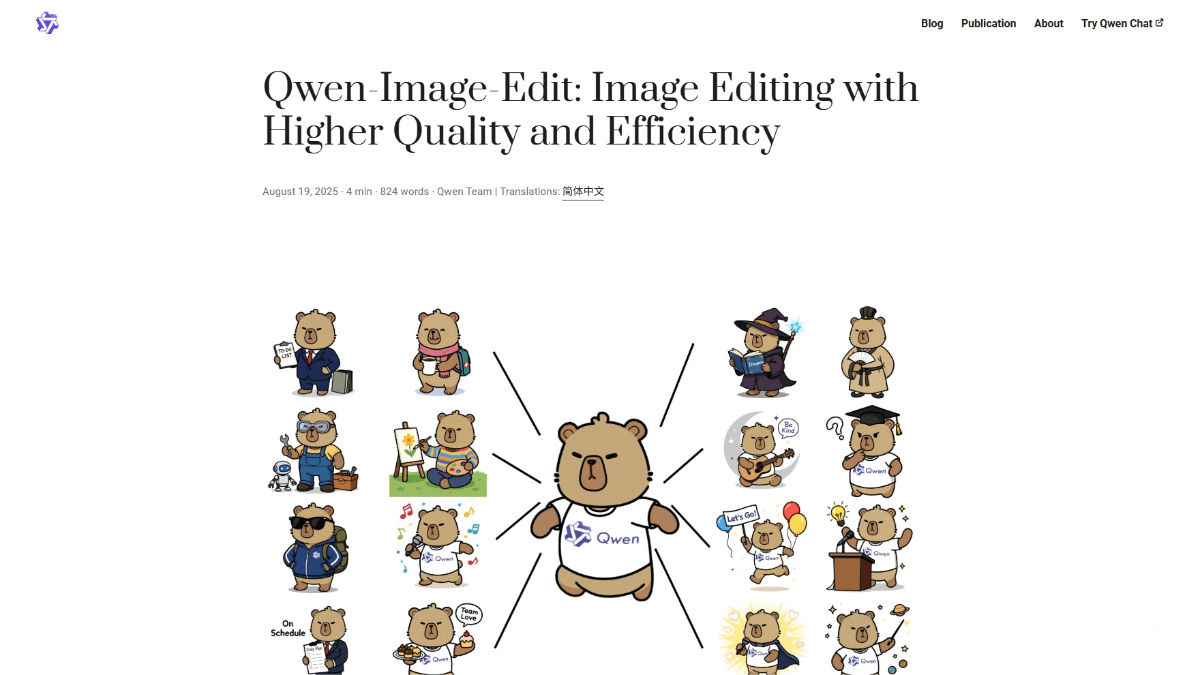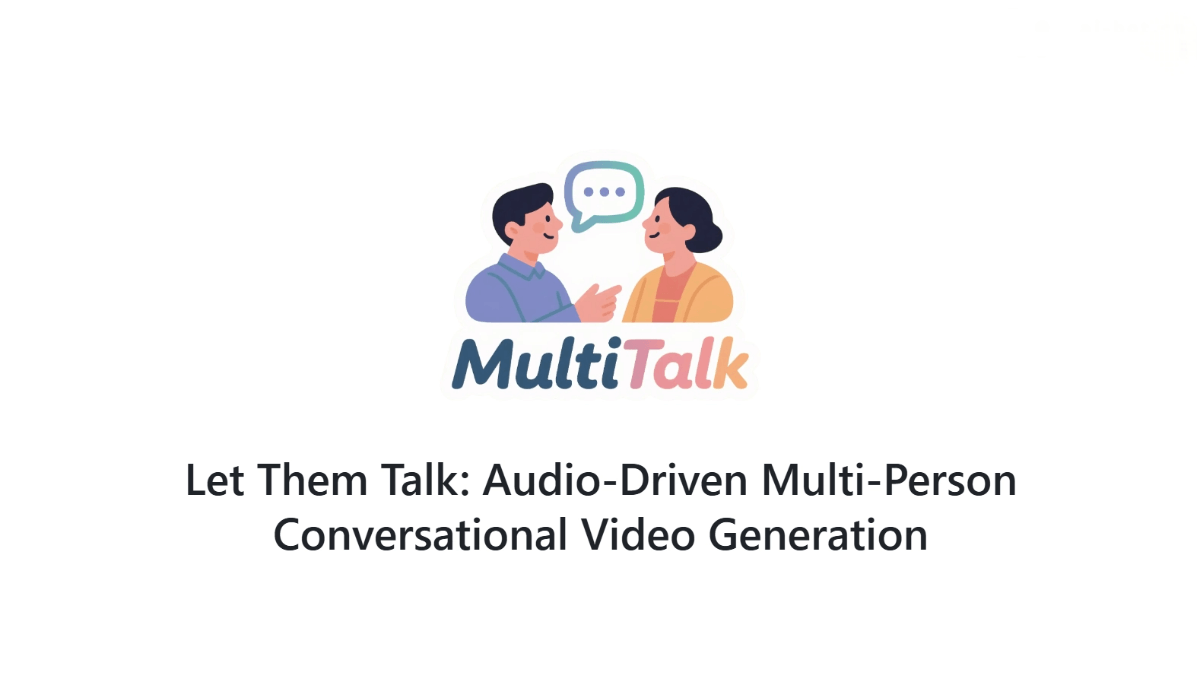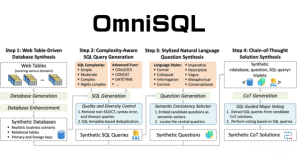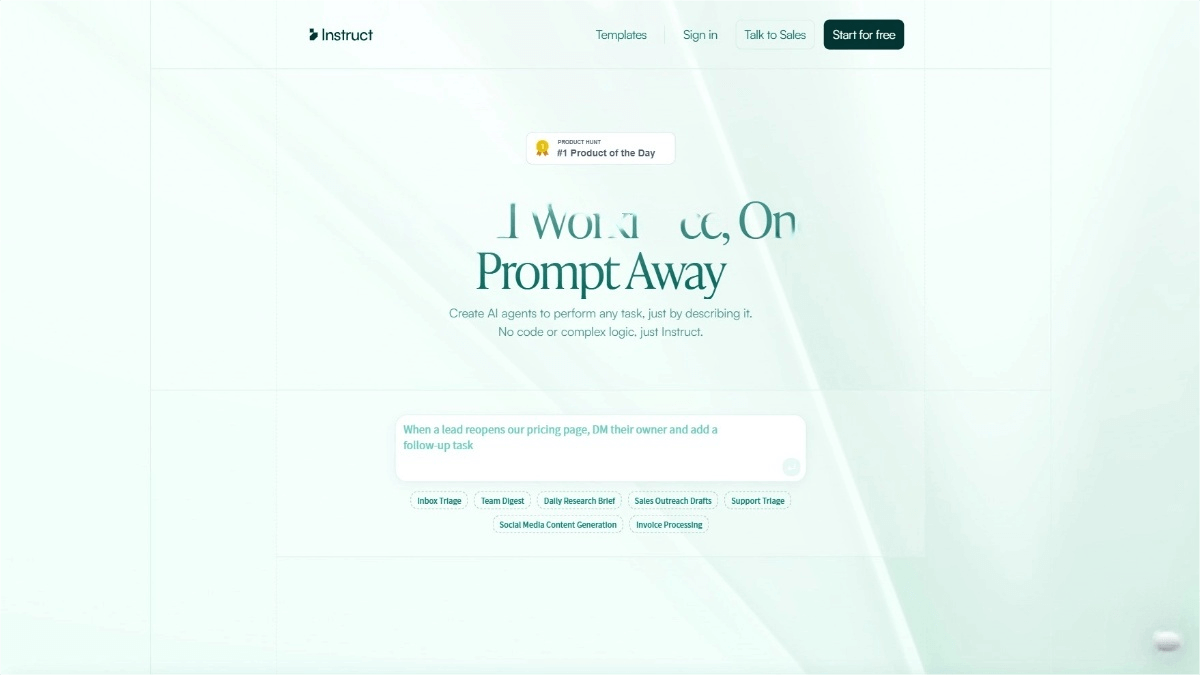Granite 4.0 Tiny Preview: IBM’s Lightweight Multilingual Expert Model Redefines Long-Context AI Processing
What Is It?
Granite 4.0 Tiny Preview is IBM’s latest 7-billion parameter MoE model, optimized and instruction-tuned based on Granite 4.0 Tiny Base. It focuses on improving instruction-following capabilities and is well-suited for handling extended inputs and complex prompts.
The model is released under the open-source Apache 2.0 license, reflecting IBM’s commitment to creating commercially viable multilingual AI foundations.
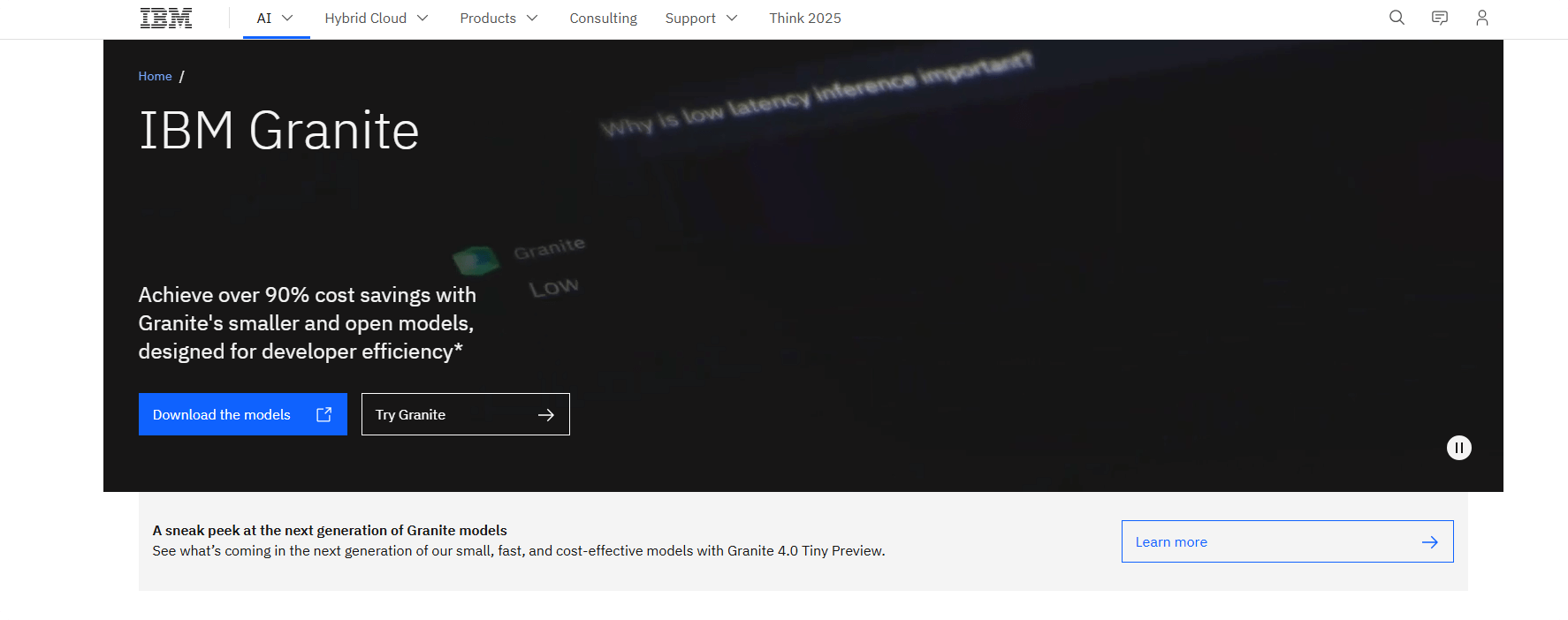
Key Features
-
Multilingual Support: Covers 12 languages, including English, German, French, Chinese, Japanese, Spanish, Arabic, Korean, and more.
-
Advanced Instruction Following: Delivers precise responses to user commands across dialogue, Q&A, summarization, and information extraction tasks.
-
Long-Context Handling: Supports input lengths up to 8192 tokens, ideal for documents, meeting transcripts, and extended interactions.
-
Multi-task Capabilities: Excels at code generation, classification, function calls, retrieval-augmented generation (RAG), and beyond.
-
Lightweight Deployment: Optimized for efficiency, making it suitable for edge computing and resource-constrained environments.
Technical Overview
The model leverages a Mixture-of-Experts (MoE) architecture, where only a subset of expert subnetworks is activated per token. This allows for greater parameter scalability with lower computational cost and improved generalization.
Granite 4.0 Tiny Preview is trained on a diverse set of instruction datasets, combining open-source and IBM-generated synthetic data. It uses both supervised fine-tuning and reinforcement learning techniques to align model behavior with human-like instruction-following.
Project Links
-
Hugging Face Model Page:
https://huggingface.co/ibm-granite/granite-4.0-tiny-preview -
IBM Granite Official Site:
https://www.ibm.com/granite
Use Cases
-
Multilingual AI Assistants: Ideal for building chatbots and support systems in diverse language environments.
-
Enterprise Document Processing: Summarizing and analyzing lengthy legal, financial, or medical documents.
-
Code-Aware Applications: Generates, explains, or documents code for development tasks.
-
RAG-Based Solutions: Enhances fact-based QA systems through retrieval-augmented generation.
-
Lightweight Local Inference: Deployable on mobile devices, edge systems, or private infrastructure.
Related Posts

